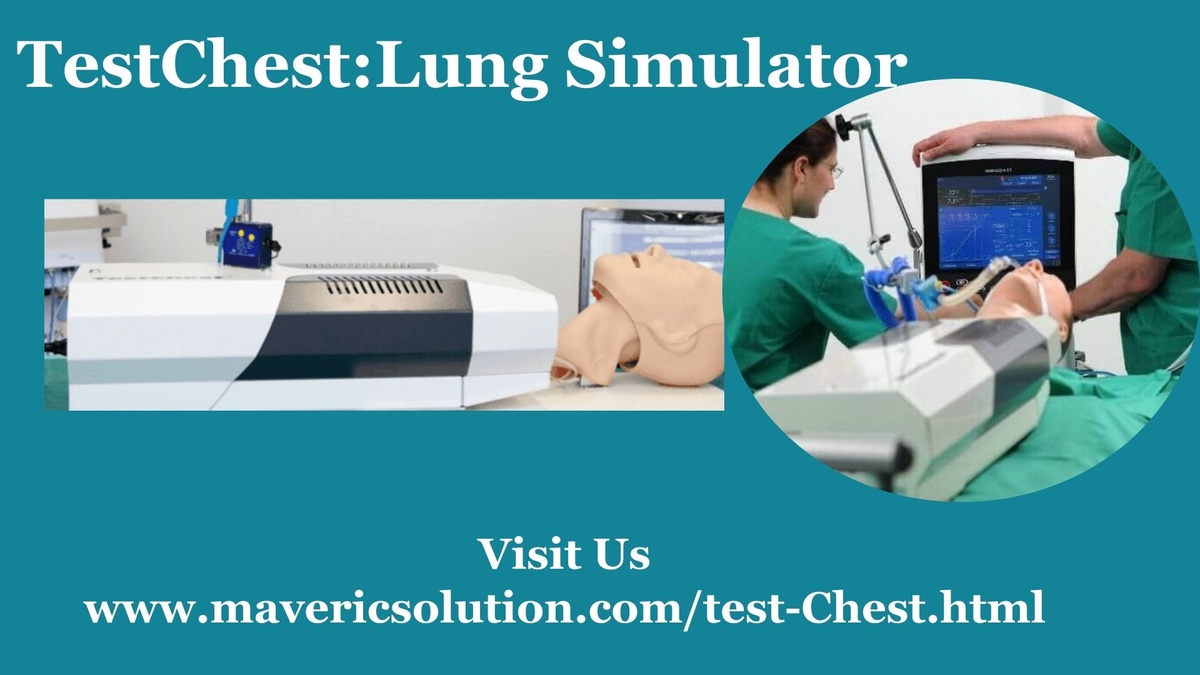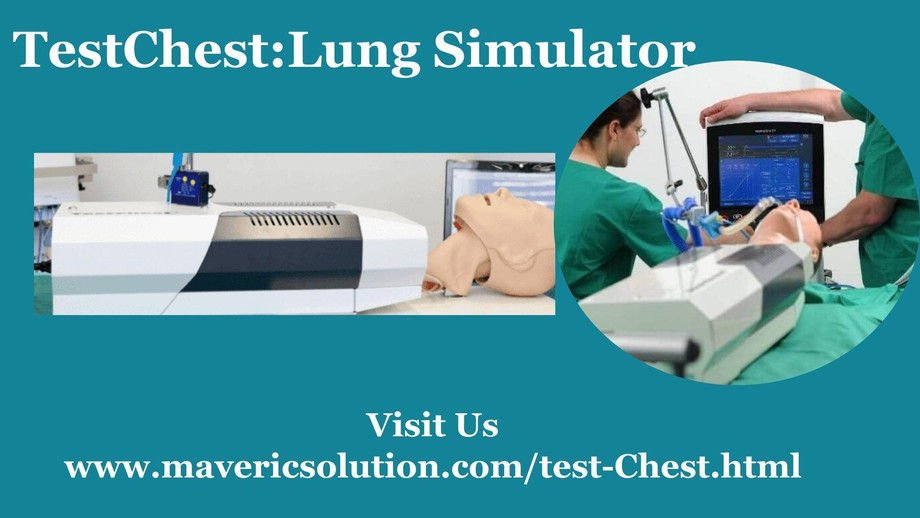In the fast-paced world of healthcare, the demand for proficient medical professionals is ever-growing. To meet this demand, medical education must continuously evolve, embracing innovative techniques to train the next generation of doctors, nurses, and other healthcare professionals. Among these innovations, medical training simulators have emerged as a cornerstone, offering realistic and immersive experiences that bridge the gap between theory and practice. In this article, we delve into the world of medical training simulators, exploring their benefits, applications, and the transformative impact they have on medical education.
Medical training simulators encompass a wide range of technologies and methodologies designed to simulate real-life medical scenarios. From virtual reality (VR) surgical simulations to high-fidelity mannequins, these simulators provide students with a safe environment to develop and hone their clinical skills without putting patients at risk. Unlike traditional methods of medical education, which often rely on textbooks and lectures, simulators offer hands-on learning experiences that actively engage learners and promote retention.
One of the primary advantages of medical training simulators is their ability to recreate complex medical scenarios with a high degree of fidelity. VR surgical simulators, for example, allow trainees to perform virtual surgeries using realistic surgical instruments and anatomically accurate models. These simulations provide invaluable practice opportunities, allowing students to familiarize themselves with procedures before ever stepping into an operating room. By repeating these simulations, students can refine their technique, build confidence, and ultimately improve patient outcomes.
Furthermore, medical training simulators offer a level of repeatability and consistency that is difficult to achieve in traditional clinical settings. In a simulated environment, instructors can standardize scenarios, ensuring that every student encounters the same challenges and learning opportunities. This consistency is particularly beneficial for assessing competency and tracking student progress over time. By collecting data on performance metrics such as speed, accuracy, and decision-making, educators can identify areas for improvement and tailor instruction to meet individual learning needs.
Another key advantage of medical training simulators is their ability to simulate rare or high-risk scenarios that may not occur frequently in clinical practice. For example, simulators can replicate complications during childbirth, such as shoulder dystocia or postpartum hemorrhage, allowing obstetricians and midwives to practice emergency interventions in a controlled environment. By exposing students to these scenarios in a safe setting, simulators help prepare them to respond effectively when faced with similar situations in real-life clinical settings.
In addition to technical skills, medical training simulators also facilitate the development of non-technical skills such as communication, teamwork, and decision-making. Many simulators incorporate simulated patients or virtual actors that respond to students' actions and communicate symptoms, adding an element of realism to the experience. Through collaborative simulations, students learn to work effectively in interdisciplinary teams, coordinating care and communicating clearly under pressure. These teamwork skills are essential for providing high-quality patient care and are increasingly emphasized in medical education curricula.
Moreover, medical training simulators offer opportunities for deliberate practice, a concept championed by cognitive psychologists as essential for skill acquisition. Deliberate practice involves repetitive performance of tasks with focused attention and immediate feedback, leading to gradual improvement over time. Medical simulators facilitate deliberate practice by providing learners with instant feedback on their performance, highlighting areas of strength and areas for improvement. This feedback loop accelerates the learning process, allowing students to refine their skills more efficiently than through traditional trial-and-error methods.
As technology continues to advance, the capabilities of medical training simulators are expanding rapidly. Recent developments in artificial intelligence (AI) and machine learning have enabled simulators to adapt in real-time based on student actions, creating personalized learning experiences tailored to individual needs. For example, AI-driven simulators can adjust the difficulty level of scenarios based on student proficiency, ensuring that each learner is appropriately challenged. These adaptive learning systems have the potential to revolutionize medical education, optimizing learning outcomes and preparing students for the complexities of modern healthcare practice.
Despite their numerous benefits, medical training simulators are not without challenges. Implementing simulator-based training programs requires significant investment in equipment, infrastructure, and faculty development. Additionally, integrating simulators into existing curricula can be logistically challenging, requiring coordination across multiple stakeholders and disciplines. Furthermore, while simulators excel at replicating technical skills, they may not fully capture the nuances of human interaction and bedside manner, which are also essential components of medical practice.
Medical training simulators represent a transformative tool in medical education, offering realistic, immersive, and standardized learning experiences that prepare students for the complexities of clinical practice. By providing hands-on practice opportunities, facilitating deliberate practice, and fostering the development of both technical and non-technical skills, simulators play a crucial role in shaping the next generation of healthcare professionals. As technology continues to evolve, the potential of medical training simulators to enhance learning outcomes and improve patient care is virtually limitless.
For more info: Medical training simulators




No comments yet